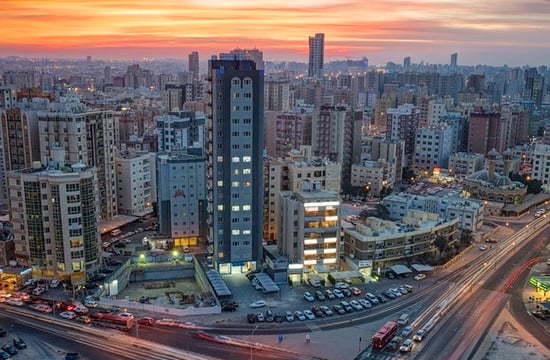
Developers and investors within the residential development sector remain bullish despite the challenges faced by states across the GCC. Affordable housing tops the bill as residential and infrastructure projects improve quality of life.
While developers appear confident that the residential real estate market will rebound following a general recovery in oil prices, supply still outstrips demand, according to the Industry Top Trends 2019 report by S&P Global Ratings. The report stated that supply has continued to grow at a faster rate than demand, and that Dubai sale prices have dropped by an estimated 12-14% in the last year. Significant developments are expected to be delivered in the next 2-3 years reducing the potential for price growth; however, increased interest surrounding the 2020 Expo could well drive prices higher.
The UAE has lifted the limit on lending to the real estate sector, abolishing a law that limited lending to 20% of the banks’ total deposits. It is hoped that this will boost development across the board, though a new cap is believed to be in the works, with banks currently liaising with the government over the definitions of what constitutes a real estate loan. In addition, banks are considering whether to lobby the government to relax mortgage lending rules in order to stimulate the residential market.
The Saudi construction market appears to be fairly stable at present with overall construction contracts through to March 31 2019 expected to be $89.4bn, the highest among all GCC countries. Going forward, the large scale infrastructure projects that are part of Vision 2030 are set to bolster the residential sector with the development of mixed-use compounds such as Neom, The Red Sea Project, The Qiddiya Entertainment City and Maritime City being of particular interest. In addition, the Kingdom has agreed to plans to build nearly 20,000 residential units aimed at beneficiaries of its Sekani scheme. Under this program, a total of 19,359 housing units will be set up in Riyadh, Jeddah, Buraidah and Al Khobar.
Kuwait’s residential sector appears strong with substantial prospects for the future. A series of new residential cities are in the pipeline, along with a railway system and a new airport. As these initiatives are set to bolster the state’s economy and attract new business, the residential prospects look promising.
Reinforcing the theme of affordable housing, the government of Bahrain continues to focus on residential projects, a policy which is set to result in several new projects. However, the construction industry remains fragile, with a short project pipeline, and little to inspire confidence unless oil prices remain firm. According to Bahrain Economic Quarterly (BEQ), the country’s construction sector has expanded at an annual rate of 6.7% in Q1 2018 when compared to the 1.8% growth in all of 2017.
Oman too has affordable housing plans in the works with with 1,000 homes being built for Omani nationals on limited salaries. According to a report by BMI Research, Oman is the fastest growing construction market in the Middle East bolstered by state-led diversification efforts, high income levels and relatively low labour costs. However, while that may be the case, the Sultanate’s real estate sector had dropped 20-25% over the last three years only now bottoming out and suggesting potential growth in the new year.
The GCC’s residential sector may not be without hurdles in the coming years, however, governments are pushing ahead with affordable housing initiatives, infrastructure projects and, in the case of the UAE, are reevaluating the issuance of loans. Alongside these efforts sit events such as the FIFA World Cup, Expo 2020 and the continuing Vision 2030, all of which will increase tourism and, potentially, workforce immigration into the region, which will in turn increase demand for residential projects. Certainly, at present, the overarching themes appear to be government-led affordable housing initiatives and infrastructure projects that aim to boost the economy as a whole and indirectly impact the residential sector. The potential for growth is present, though in the face of the current economic climate, governments, developers and financiers will have to work that much harder.


